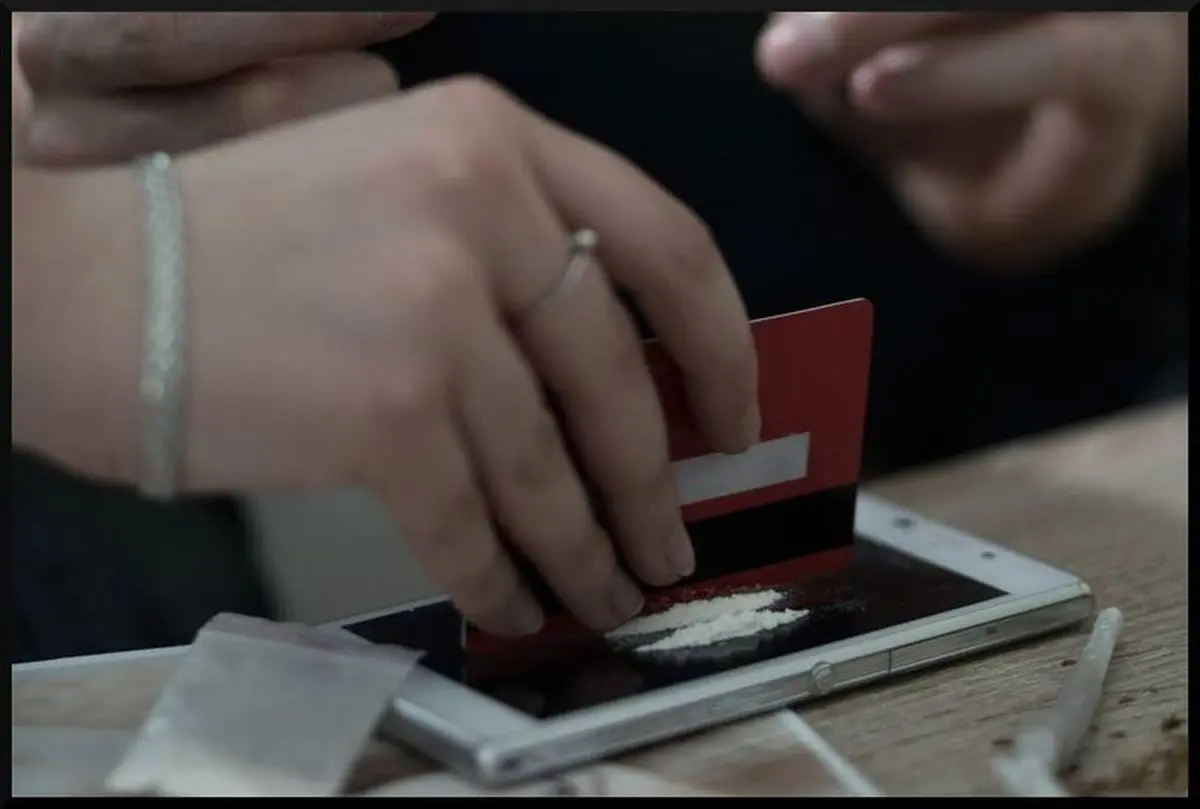By , Leave a Comment

Table of Contents
Don’t Give Police Opportunity to Seize Your Smartphone
Given the choice, don’t give police the opportunity to seize your smartphone.
For example, when you turn yourself in for voluntary surrender at a police station or a district attorney’s office, DON’T BRING YOUR PHONE WITH YOU.
When police arrest you at home, don’t make a point of grabbing your phone, along with your wallet and keys, before they cart you away.
Whether you’re arrested in your car, on the street, or anywhere else, if the police allow it, immediately hand over your phone and other valuable property to someone you trust.
The reason for this is simple: your phone contains a ton of information. Your phone possibly contains evidence that could be used against you to prove that you’ve committed a crime. If police believe your phone might contain evidence, they’ll hold onto your phone until prosecutors get a warrant to download every shred of data.
Leave Your Phone Home
When you’re arrested, possessing your phone won’t help you in any way.
Police won’t let you use your phone while you’re in custody to call, email, or text family and friends (unless police want you to unlock your phone so they can illegally search it when you finish using it).
Police won’t let you play games on your phone to pass time while you’re in custody.
On the other hand, your phone contains millions of pieces of information. There’s a pretty good chance that at least one of those pieces could hang you.
If you voluntarily surrender and have the option of leaving your phone at home – LEAVE YOUR PHONE AT HOME.
Possessing your phone at the time of arrest will give police access to it. That can only hurt you.
Your Phone Is a Goldmine of Evidence
Think about what your smartphone contains:
- A history of recent calls made to and from your phone. This includes the date and time of each call, the duration of each call, and perhaps each caller’s identity.
- Phone conversations that you recorded.
- Voice messages that you received.
- Text messages you wrote or received, including attachments.
- Email you wrote or received, including attachments.
- Access to your Facebook account and to your other social media accounts, which might contain more damaging evidence than what’s inside your phone.
- Photos taken with your phone’s camera, plus the dates, times, and locations of the photos.
- Videos taken with your phone’s camera, plus the dates, times, and locations of the videos.
- Browser histories referencing each web page you’ve visited.
- Documents, photos, videos and other media that you’ve downloaded from the internet.
- Apps that identify banks and other financial institutions where you do business.
- Names and phone numbers of everyone in your contacts app.
- Your phone’s serial number, which might link it to a previous owner who reported it stolen.
Investigators can also download deleted data from your phone.
Because prosecutors use evidence recovered from smartphones to prove almost every crime imaginable, DON’T voluntarily give your phone to the police.
Don’t Volunteer – And Don’t Interfere
To be clear, don’t interfere with the police.
Don’t physically resist a police officer’s attempt to take your phone from you.
Don’t block police from entering your home to execute a search warrant.
Don’t block a warrantless search of your home.
Don’t destroy your phone.
Such actions inevitably lead to physical injuries, along with charges of obstructing governmental administration, assaulting a police officer, and tampering with evidence.
If you believe an officer’s actions are illegal, sort it out in the courtroom, not on the street.
Don’t Consent to Police Searching Your Phone
Don’t give police permission to view your phone’s contents.
Your phone contains your life history from the moment you took your phone out of the box –before then if you transferred data from previous phones to your current phone.
Things you’ve forgotten, or never remembered to begin with, are stored in your phone’s memory.
Data on your phone is more accurate and detailed than your memory. Even if it doesn’t tell the whole story, it tells enough to badly hurt you.
If police ask for consent to take your phone, or to search it, your answer must be, “I want a lawyer.” If police ask for your phone’s password, your answer must be, “I want a lawyer.” If police ask for your consent 1,000 times, then you must answer 1,000 times, “I want a lawyer.” (After the first five times, just say, “Lawyer.” They’ll know what you mean.)
Even if you think you have nothing to hide, or if you believe withholding consent will cause the police to arrest you, your answer must be, “I want a lawyer.” (If police have probable cause to arrest you, they’ll arrest you after you consent to them taking and/or searching your phone. If police lack probable cause, your refusal to consent won’t give them probable cause.)
If police ask for your consent to take or search your child’s phone, your answer must be “No.” Even if you’re furious because you think your child broke the law, your answer must be “No.”
Don’t Lose Control of Favorable Evidence
On the flip side, your phone might not damn you. It might be your salvation.
Your phone might contain evidence that proves you’re innocent. If it does, your ability to access its content will be compromised if police retain it as evidence – at best, delayed; at worst, destroyed.
Yet another reason not to voluntarily give your phone to police.
Never Surrender Your Smart Phone
If you have the choice, don’t get arrested with your smartphone. Never consent to police taking your phone and searching it.
Free Consultation
Bruce Yerman is an criminal defense attorney in New York City. His office is located in Suite 1803 of 299 Broadway in Manhattan.
If you’d like a free consultation to discuss smartphone evidence, seizure of your smartphone by police, or any issue related to criminal defense or family law, call Bruce at:
Or email Bruce a brief description of your situation:

Leave a Reply